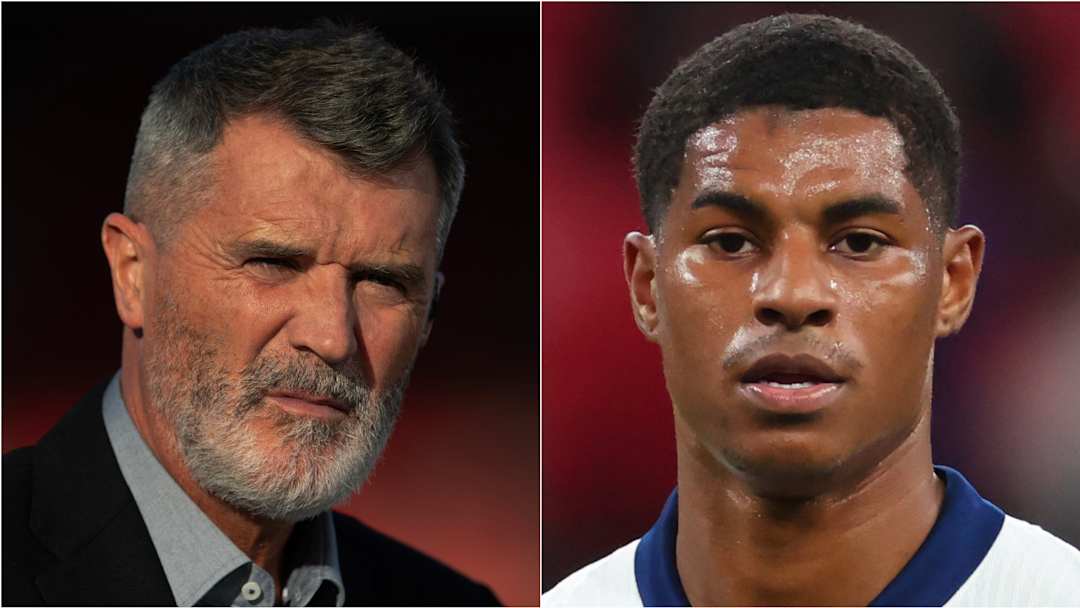Former Manchester United captain Roy Keane has accused Marcus Rashford of being “part of the problem” at Old Trafford, after the England forward appeared to blame United’s instability for his inconsistent form, MySportDab Reports.
Rashford, now on loan at Barcelona following a brief stint with Aston Villa, recently reflected on his turbulent final years at United. Speaking earlier this week, the 27-year-old suggested his struggles were tied to “an inconsistent environment,” a remark widely seen as criticism of the club’s chaotic management over the past decade.
During his nine-year spell in the senior team, Rashford played under six different managers—each with conflicting philosophies and squads assembled by previous regimes.

While that constant upheaval undeniably impacted performance, Keane insisted that Rashford must also take responsibility for his role in the club’s decline.
“Towards the end of his time at United, there were obviously issues,” Keane said on ITV. “He was part of the problem with the environment, especially as one of the more experienced players. He should have been setting the standards and showing new lads what it means to play for United.”
However, the famously fiery pundit wasn’t entirely critical. Keane admitted that Rashford’s recent resurgence in Spain—and his recall to the England setup under Thomas Tuchel—has shown signs of renewed hunger and focus.
“There’s no doubt about his talent—he’s obviously fantastic,” Keane conceded. “What frustrated fans was his body language: not pressing, not tracking back. But if he cleans that up, there’s no reason he can’t become a world-class player.”
Tuchel echoed that sentiment, revealing he selected Rashford for “his work-rate against the ball,” something the winger has notably improved during his spells at Aston Villa and Barcelona.

Rashford has directly contributed to six goals in his last six appearances for Barça, rediscovering the confidence that once made him United’s golden boy.
With his form on the rise and a permanent transfer from Manchester looking increasingly likely, the “inconsistent environment” he left behind may soon feel like a distant memory.




